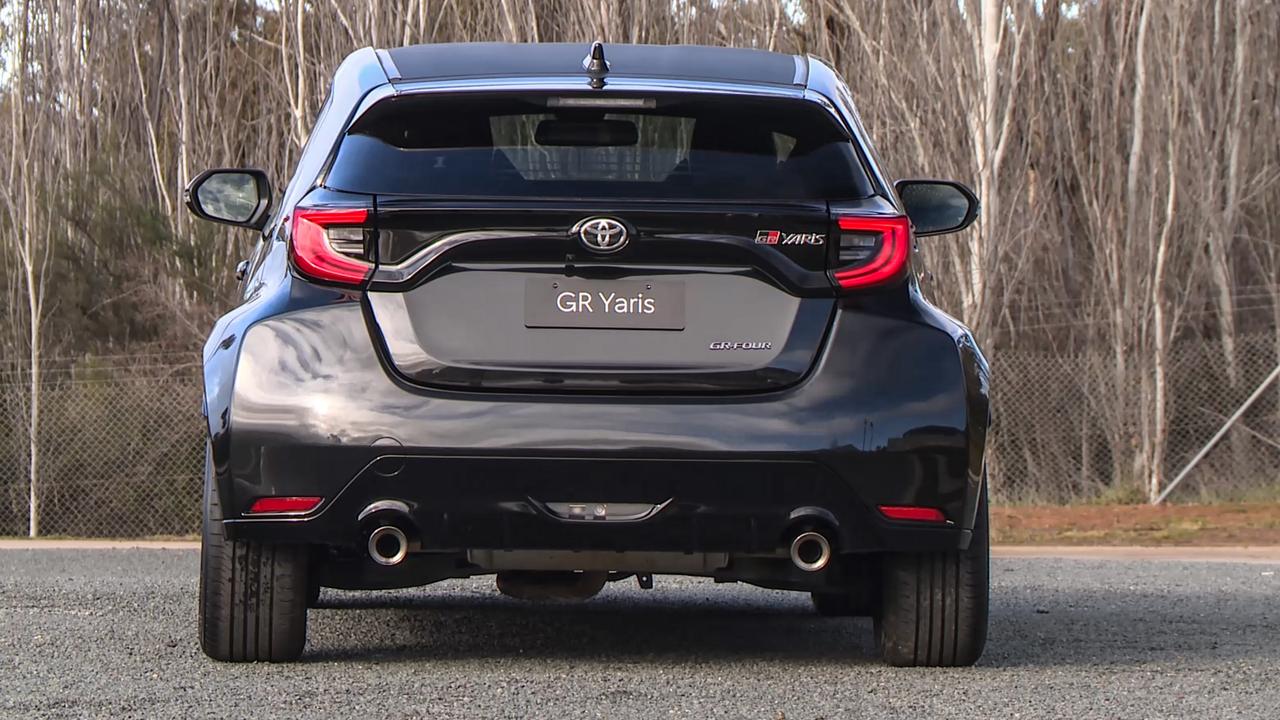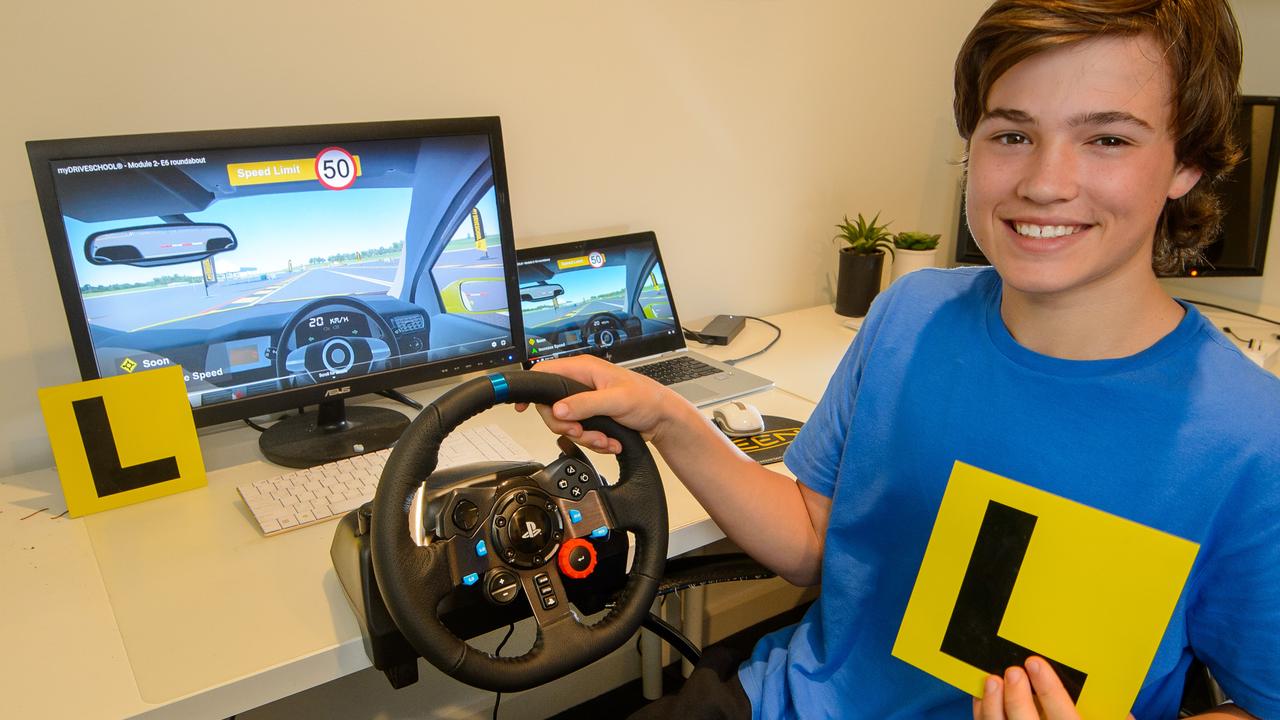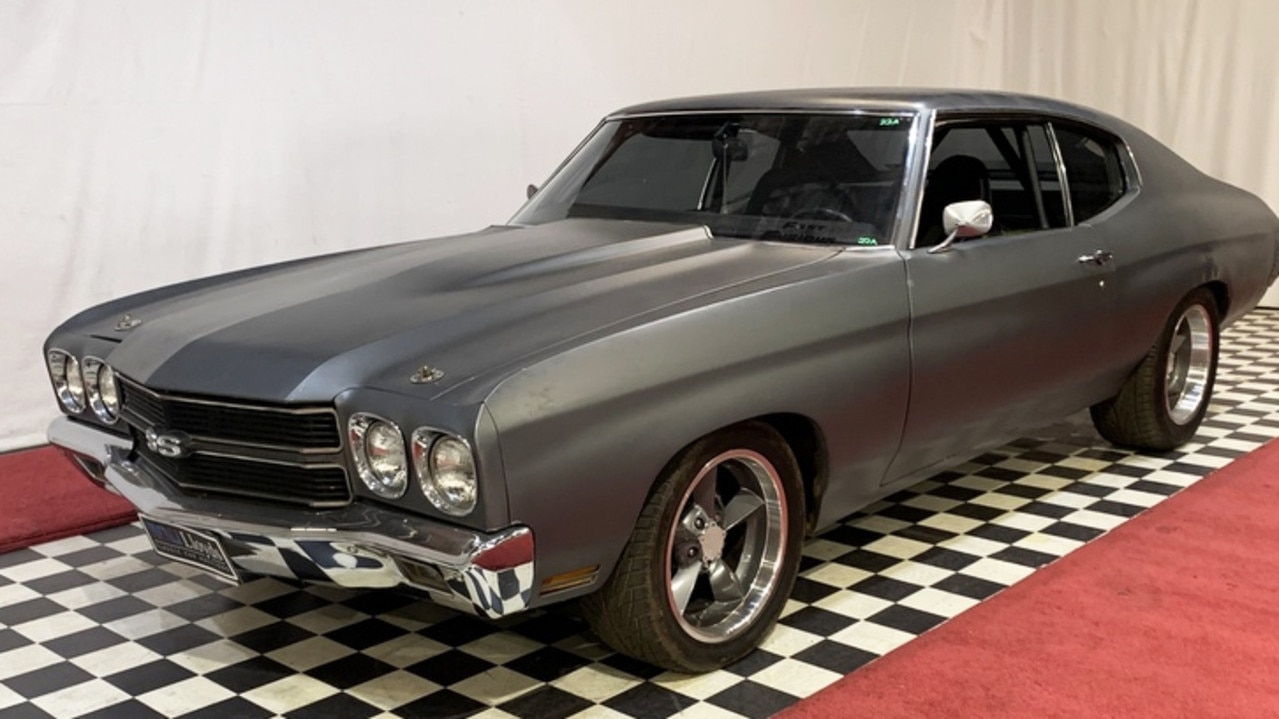Kia sales soar as ugly ducking grows into swan
Australia’s taste in cars has changed dramatically in the past decade. The winners and losers will surprise you.
A seismic shift has hit the Australian automotive landscape in the past decade.
Ten years ago, the Holden Commodore was Australia’s top-selling car ahead of the Toyota Corolla and Ford Falcon.
Sedans were the default choice for the Australian family, while one-tonne utes were strictly workhorses, painted white with hose-out cabins.
Fast forward to today and car buyers have proven a fickle lot.
High-riding SUVs and utes are the transport of choice to the point where a pair of one-tonne utes — the Toyota HiLux and Ford Ranger — reign as our top-two selling vehicles this year. And SUVs have replaced sedans in suburban driveways.
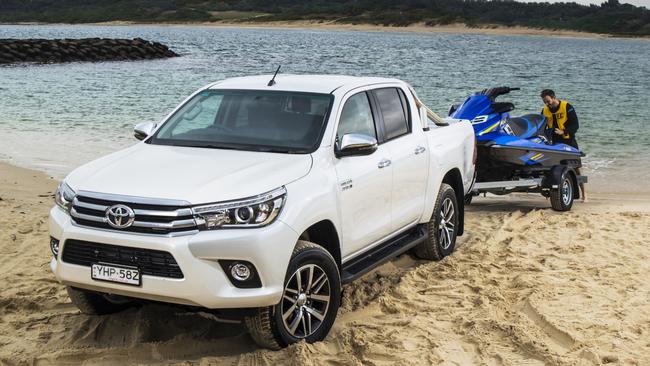
It’s not just the type of vehicle that has changed either. We’ve embraced some brands that weren’t on shopping lists before and abandoned perennial favourites.
A decade ago, most buyers turned their noses up at Kia. Sales of the brand have doubled since and this year they are up by almost a third.
Meanwhile, local heroes Holden and Ford have nosedived in sales and desirability alike.
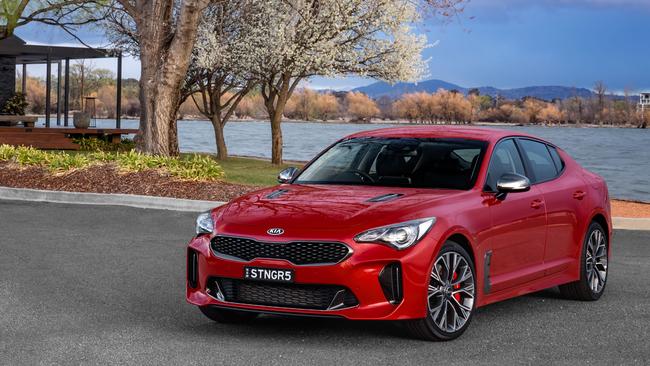
Holden sales have almost halved over the past decade, while a recent survey of owner satisfaction and loyalty by industry analysts Ipsos Australia shows that Ford is the least-recommended company among the top 10 brands. Holden fared little better.
The only constant has been industry heavyweight Toyota. The brand is top of the shopping list for roughly one in five car buyers.
As the year draws to a close, here’s a look at what’s hot and what’s not in 2017.
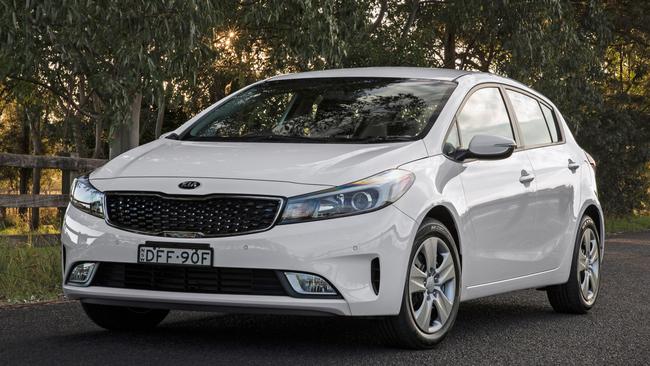
MOVERS
Kia
The brand has come a long way since the disastrous detonating engines of the first generation Carnival people-mover.
An industry-leading seven-year warranty and unmatched drive-away deals have tempted many buyers this year.
The Cerato sedan and hatch — backed by $19,990 drive-away deals for automatic models — have been the major contributors.
Spokesman Kevin Hepworth says the seven-year warranty gives people permission to come and look at the cars, after which they’re impressed by the quality.
“The final reason we continue to go up is our consistency of pricing,” he says.
“The Cerato is a good example: the base car has been $19,990 since it launched a couple of years ago.”
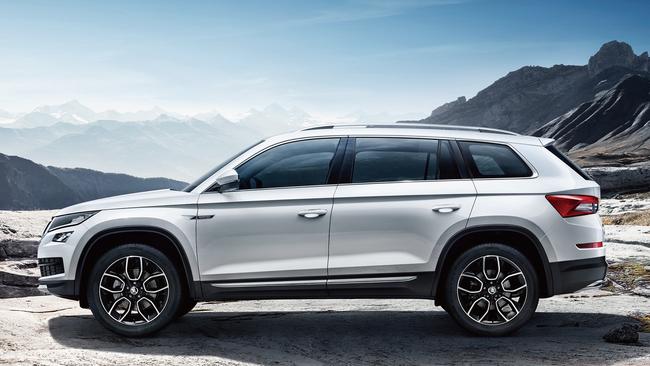
Skoda
The Czech brand, practically unheard of in Australia 10 years ago, is on target to notch more than 5000 sales this year.
Until recently, if you wanted a Skoda your choices of body style were limited but the arrival this year of the Kodiaq family SUV — to be followed next year by the smaller Karoq — has broadened the choices. Sales are up by almost 16 per cent year-to-date.
Spokesman Paul Pottinger says buyers are starting to recognise the brand delivers a lot of equipment for the asking price. He says more SUVs in the range will accelerate the trend.
“This is the year Skoda comes out of the niche-car cul-de-sac and on to the mainstream boulevard,” he says.
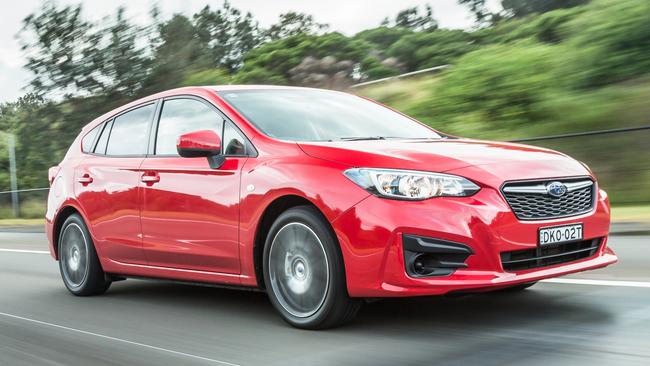
Subaru
Subaru has built up an enviably loyal band of fans in recent years and, as such, the arrival of an all-new model creates a stampede in the showroom.
Sales this year are up 13 per cent on the back of the new Impreza. Sales of the compact sedan and hatch are well up and the Impreza just trails the Forester as the brand’s best-selling model. Spokesman David Rowley says being an early adopter of active safety aids has helped the company’s image.
“From all-wheel drive to EyeSight, Subaru is proud of its safety and that resonates with buyers when it is in a well-packaged vehicle,” he says.
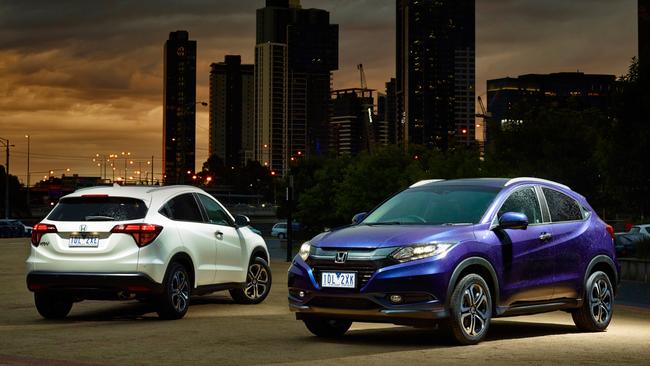
Honda
The brand has been in the doldrums since the global financial crisis, with lacklustre vehicles that failed to hide the cost-cutting behind the scenes.
The new Civic has changed all that. Sales of the compact sedan and hatch versions have more than doubled in the first 10 months of the year and the SUV line-up, headed by the new CR-V and the baby HR-V, is also attractive.
Honda spokesman Neil McDonald says an increase in warranty coverage from three to five years has also helped.
Isuzu
The choice is limited if you go shopping in an Isuzu dealership but that hasn’t stopped sales from booming. The D-Max ute and MU-X SUV are outselling Audi so far this year. The brand attributes the success to a reputation for ruggedness and durability.
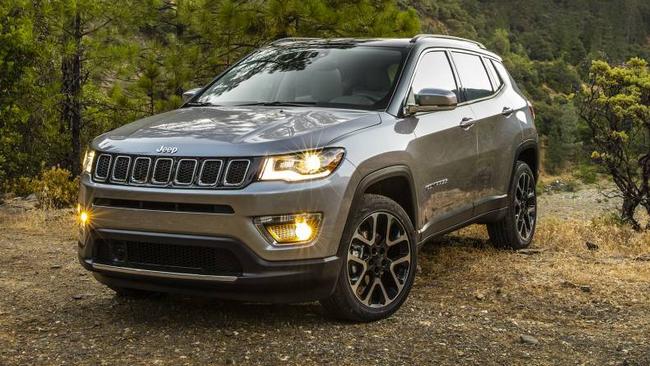
BELOW PAR
Jeep
Corporate scandals, recalls, even a you-tube hit from a disgruntled customer ... the Jeep badge has lost its lustre. Sales are down by more than a third this year, although the imminent arrival of cavalry in the shape of a new Compass and Wrangler could stem the tide. A just-launched five-year warranty won’t hurt either.
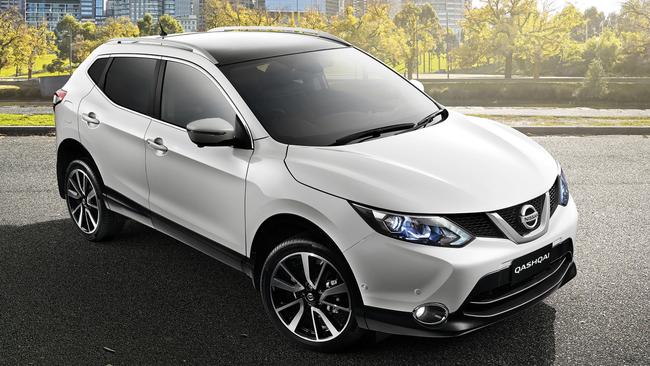
Nissan
The Pulsar small car was once one of the shining showroom stars but the disastrous Tiida that followed put a big dent in the brand’s appeal. The X-Trail and Qashqai are popular with SUV buyers but after Nissan axed several of its passenger cars the sales slide has been more than 15 per cent.
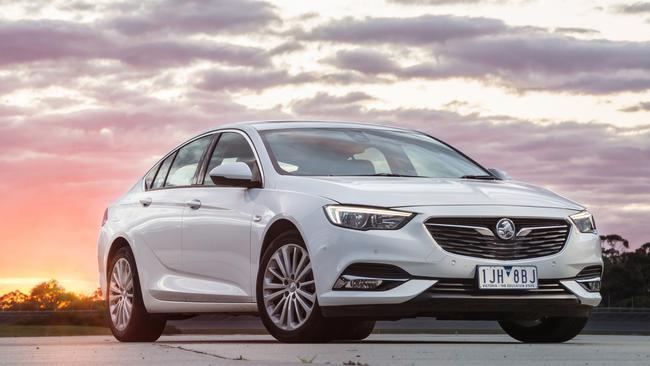
Holden
Ten years ago, Australians bought more Commodores than Hyundais. Now the once-mighty Red Lion is facing a difficult future, as buyers desert it in droves. Sales this year are down by 10 per cent but that only tells half the story. Roughly a third of those sales were homegrown Commodores — and now the plant is closed. A European-built Commodore will arrive next year but even Holden admits it won’t come close to the local car in sales. The only positive for Holden in 2017 is the Colorado ute, which is riding the tsunami of demand for one-tonne utes.
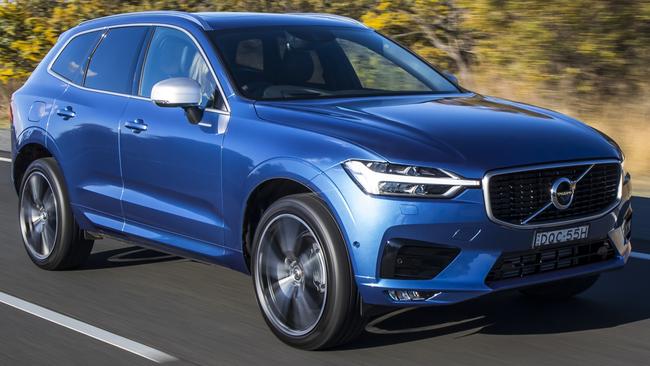
Volvo
There are scarcely more “bloody Volvo drivers” than there were a decade ago. The new XC60 couldn’t come soon enough for Volvo Australia. The Swedish brand is down by 22 per cent, with every model losing sales except the just-launched S90 flagship. A pledge to electrify the range, presumably with mild hybrids, by 2019 will give Volvo an edge with early adopters who have access to a garage and a power point and appreciate the brand’s minimalist style and light environmental footprint.
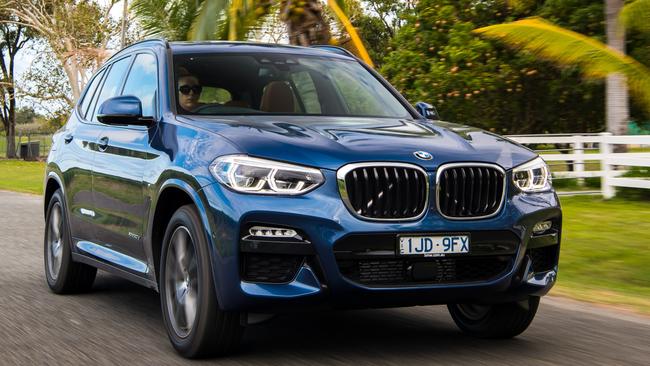
BMW
The German luxury player is hoping the new X3 SUV, predicted to become its bestseller, can arrest an alarming slump in sales. Buyers have turned their back on the brand’s bread-and-butter 3 Series and it is copping a hiding from arch rival Mercedes-Benz.
BMW spokeswoman Lenore Fletcher says the brand will bounce back when new models hit the showrooms. “These things are cyclic and we have new product across the board from the new X3 to the M5 and a revised i3,” she says.

